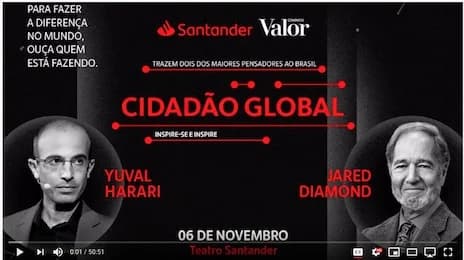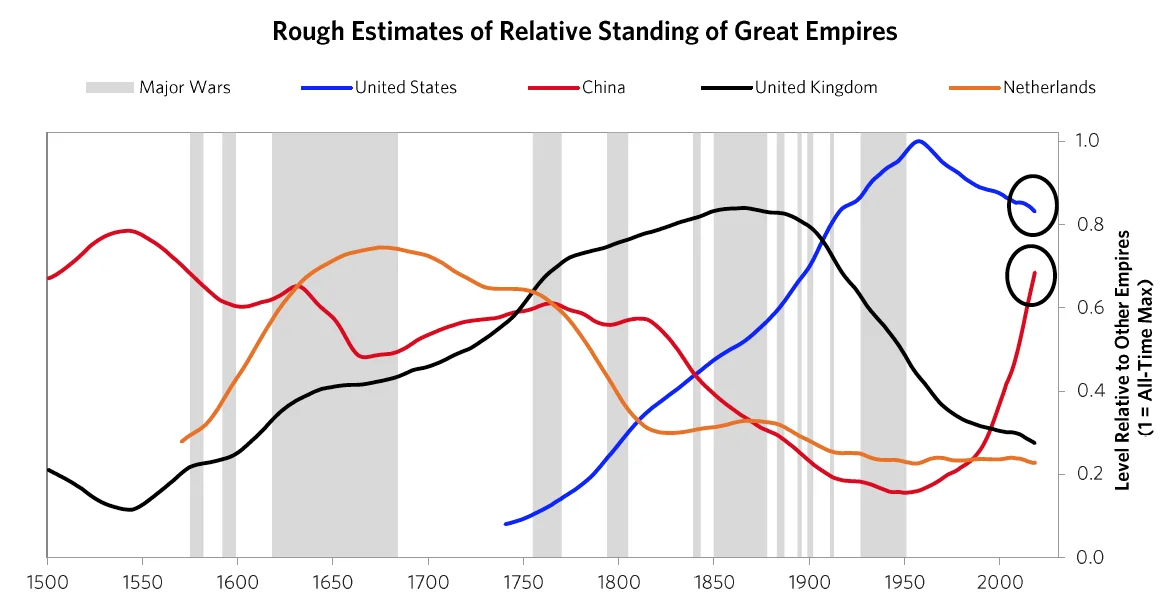Steven Pinker and Yuval Noah Harari in conversation
Two of my favourite thinkers discuss big ideas in an intimate format that prioritizes depth over performance—respectful disagreement included.
Today post is going to be a short one as I just want to share this latest conversation between two of my favourite thinkers Steven Pinker and Yuval Noah Harari.
https://www.youtube.com/watch?v=qHSzeijQ95I
It is a 45-minute conversation so it is not too long and you can watch it easily on the way to work or during lunch. If you have read many of Steven and Yuval's books, then you may not find the substance of the conversation very new. It is pretty much aligned with what they have written on their various books like:
- "The blank slate" or "Enlightenment now" from Steven Pinker.
- "21 lessons for the 21st century", "Homo Deus" from Yuval Noah Harari
However, I like the conversation because:
- A conducive format for an intellectual discussion: I like the format because it doesn't have the usual distraction like the audience reaction, the overly enthusiastic moderator interruptions. Instead, this is an intimate setting where the two speakers sit together on a small round table. They can see each other when they speak, rather than facing the audience.
- Steven and Yuval, each had enough time to express their thinking clearly.
- While they agree on some broad themes and critical issues, there are differences between their thinking. However, they remain respectful and actively listen to each other. You may ask why I highlight this point. Well, this is often not the case in many of the conversations when speakers have different points of view.
That's about it from me as I don't want to comment too much and spoil your experience of listening to them.
Cheers,
Chandler



